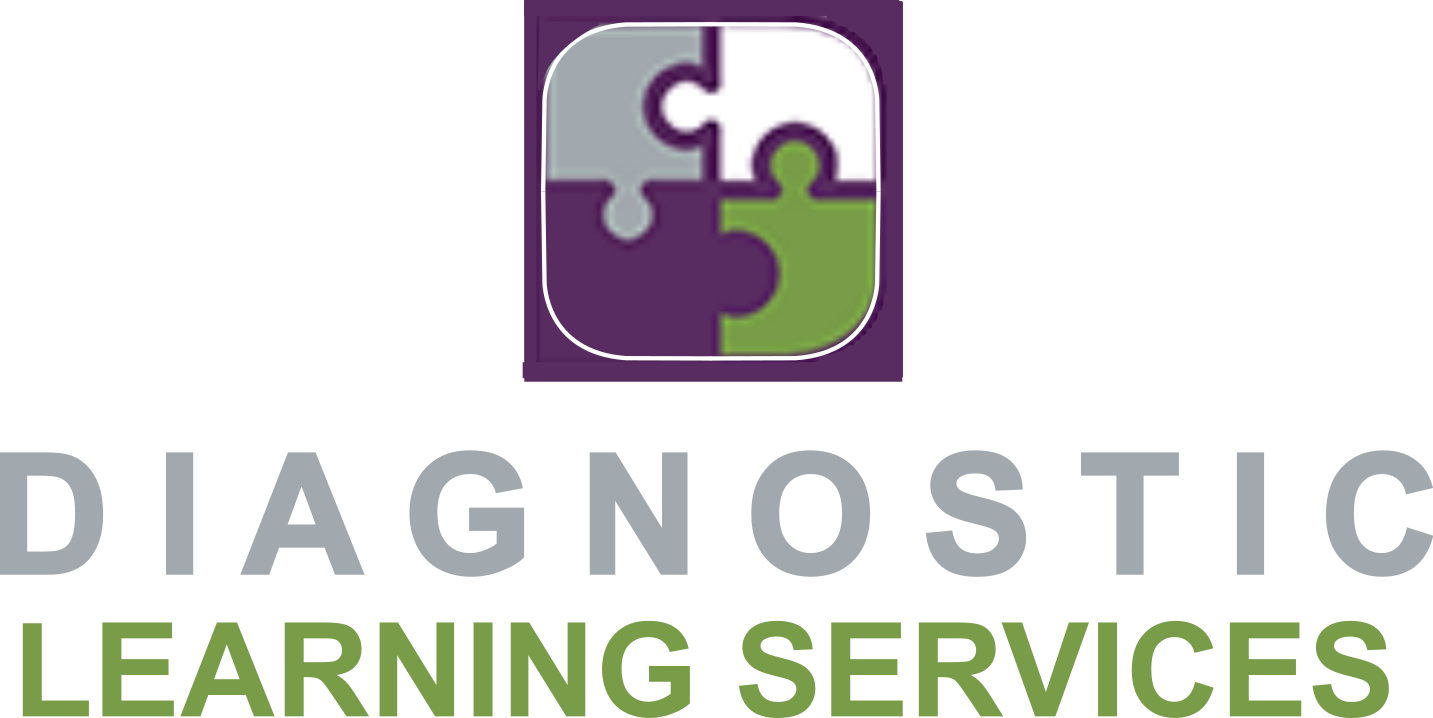Problems with Self-Medicating - When ADHD Goes Undiagnosed in Adults
ADHD is a disorder that is well known for being diagnosed (and even over-diagnosed) among children and teenagers. Parents, teachers, and pediatricians are more informed than ever on the signs and symptoms, which means that no longer are the days when children daydream in class and struggle academically with no one knowing why.
Adults, however, come from a generation when research and public knowledge about ADHD wasn’t as well known and widely discussed as it is today. This means that many people who are in their 30s (and up) right now, who struggled with ADHD as children, were never formally diagnosed and treated. These adults have likely struggled with ADHD symptoms their whole lives and have had to find ways to manage their symptoms on their own. When symptoms have been too severe or difficult to control, people often internalize their issues, believing that the symptoms are a result of a personal weakness or character defect. Sadly, this is one of the many adverse effects of undiagnosed ADHD.
There is a lot of ongoing buzz and concern about the health hazards of ADHD medications, especially when given to children and teens. Although many of these concerns are factual and worthy of concern, there is a bigger issue that can lead to much greater consequences and that is self-medicatingADHD. Younger generations who are identified and diagnosed with the disorder likely receive some type of academic, medical, and/or mental health intervention, but for those who are left undiagnosed, self-medication is typically the only option and outlet.
How Self-Medication Occurs
Self-medication is considered a coping skill that people use to handle an issue or a stressor in their lives. When it comes to ADHD symptoms that are not identified or formally diagnosed, the coping skills that are applied can be negative and harmful in some cases.
People can self-medicate in numerous ways, but the methods usually involve an intervention that has an opposite effect or that counters the feelings they are experiencing. For example, if a person feels irritable, agitated, or hyperactive, they will typically self-medicate these uncomfortable, stressful, and even painful feelings with a coping method that will calm them down or serve as relaxing and soothing.
Adults with undiagnosed ADHD may resort to substances with a ‘depressive’ or calming effect such as alcohol or even prescription medications like benzodiazepines (i.e., ant-anxiety drugs). Nicotine, although it is considered to have a stimulant effect when it is first ingested, has a sedative effect afterwards making it an attractive option for adults with ADHD who are seeking relief from high energy levels or inability to remain calm and focused.
If you suspect that you might have symptoms of adult ADHD, there are many resources available to help you manage your symptoms. Medications are one option, but certainly not the only resource available. There are treatment interventions including behavioral, cognitive behavioral, and mindfulness strategies that can help you cope with your symptoms in a healthy and effective way. Imagine being able to increase your attention, focus, and memory, stay organized, and complete tasks from start to finish. These are just a few areas where adults with ADHD struggle, but nowadays, there are so many effective treatment methods that you don’t have to let your symptoms interfere with your productivity and quality of life any longer.
